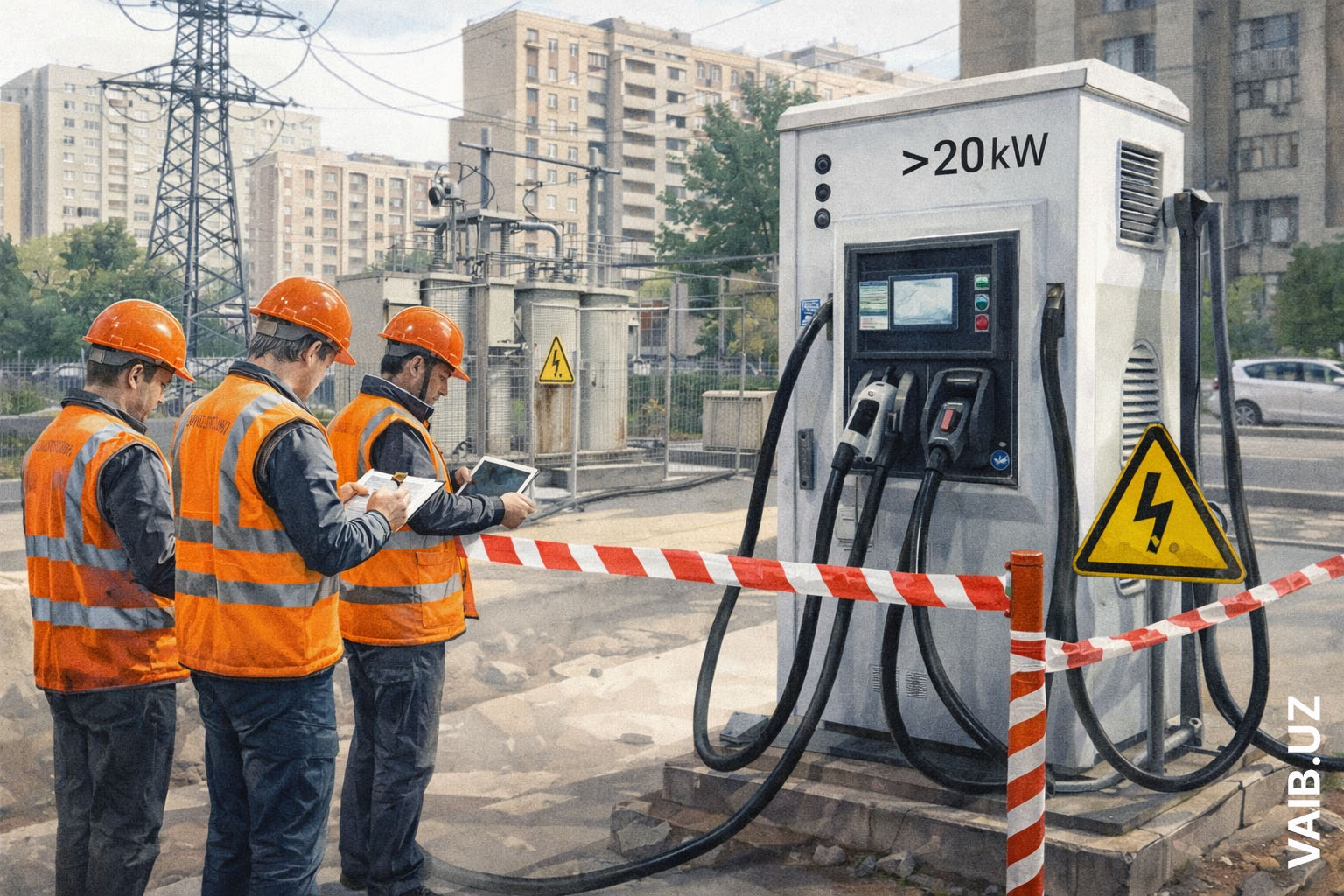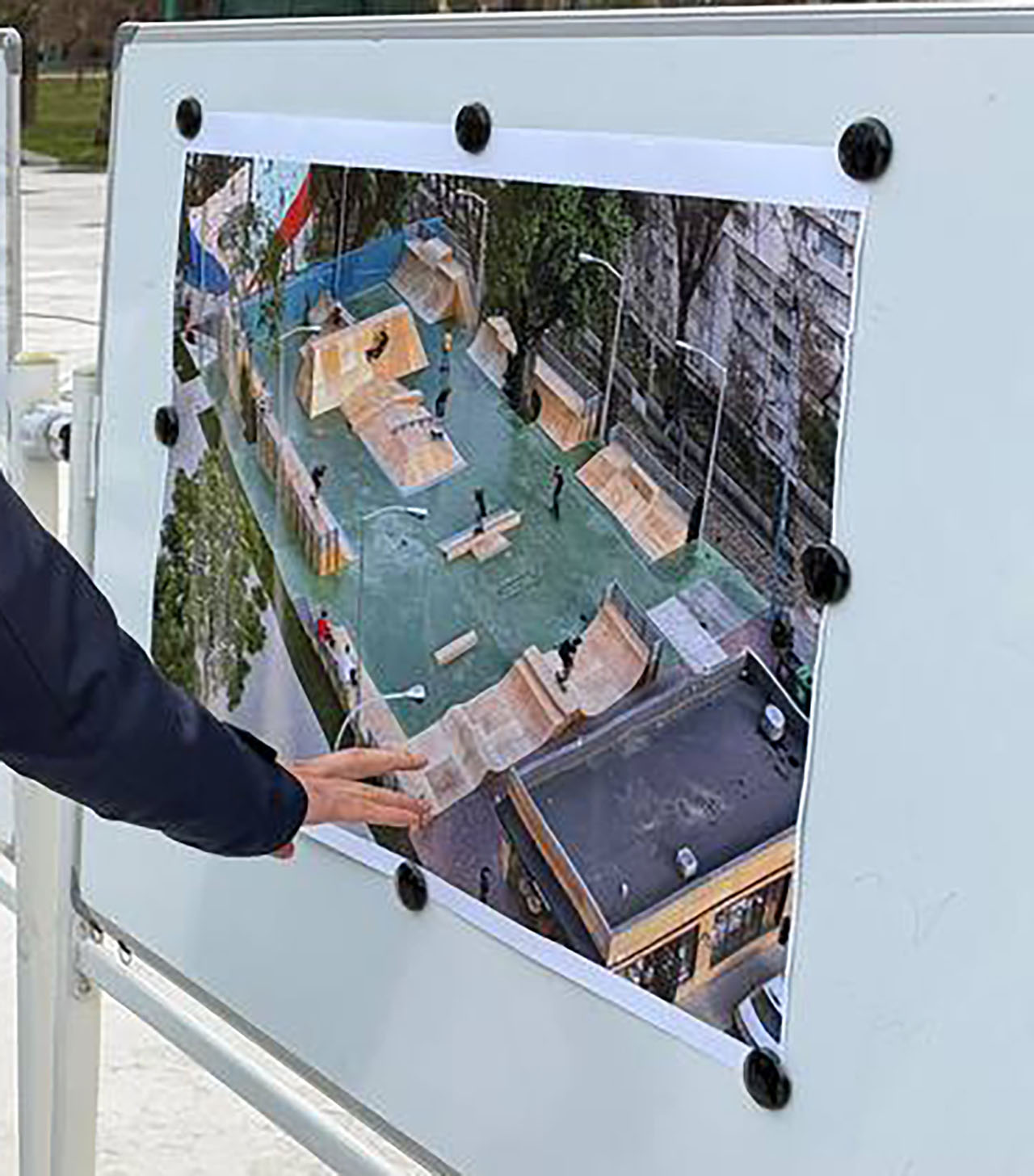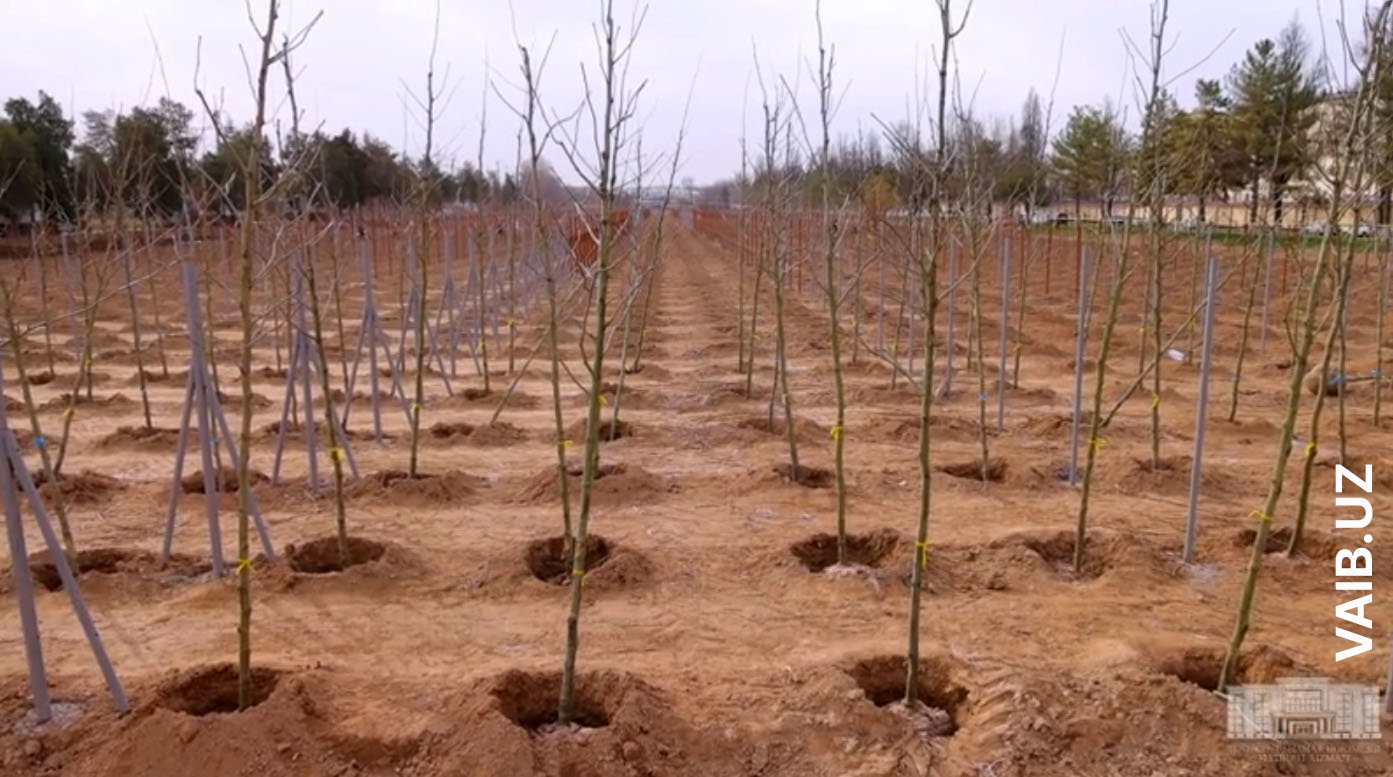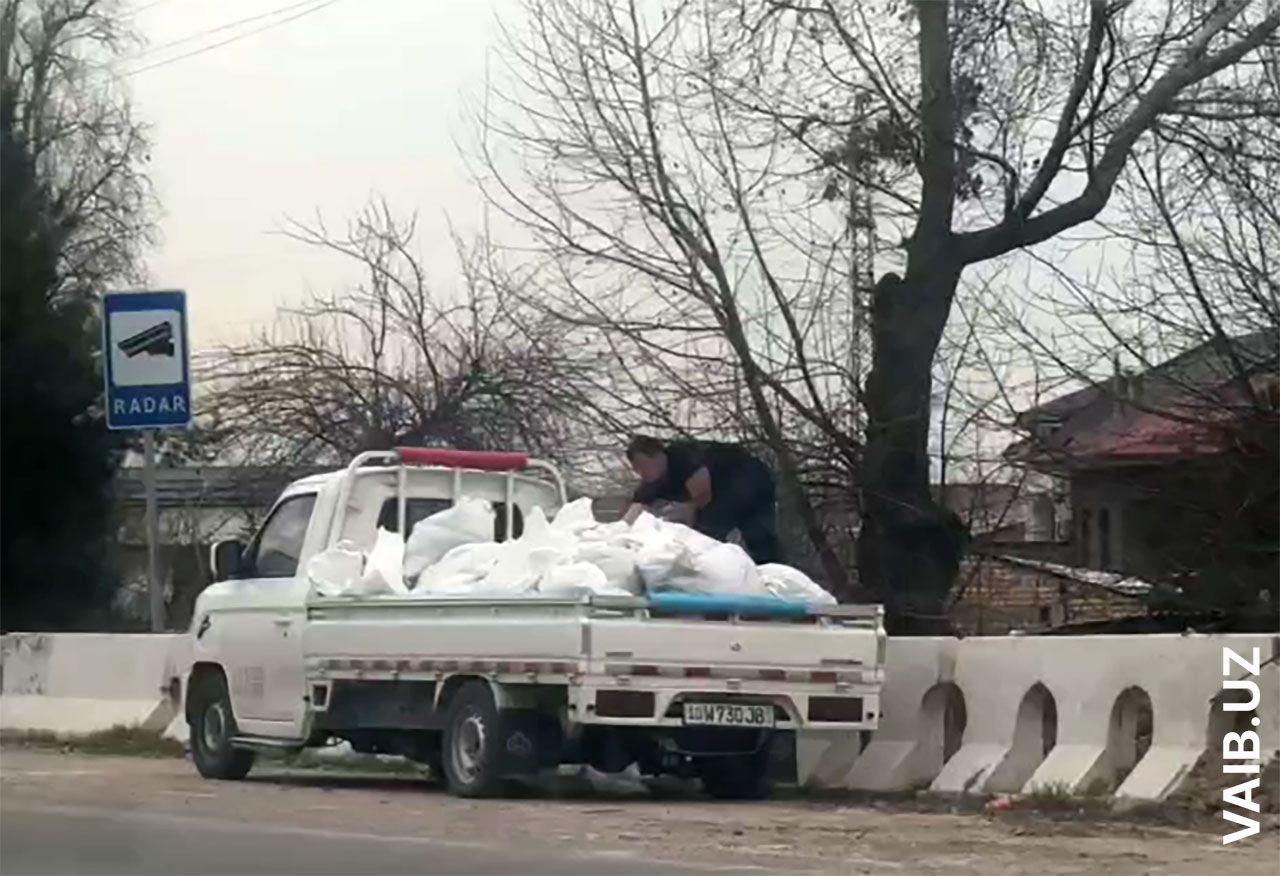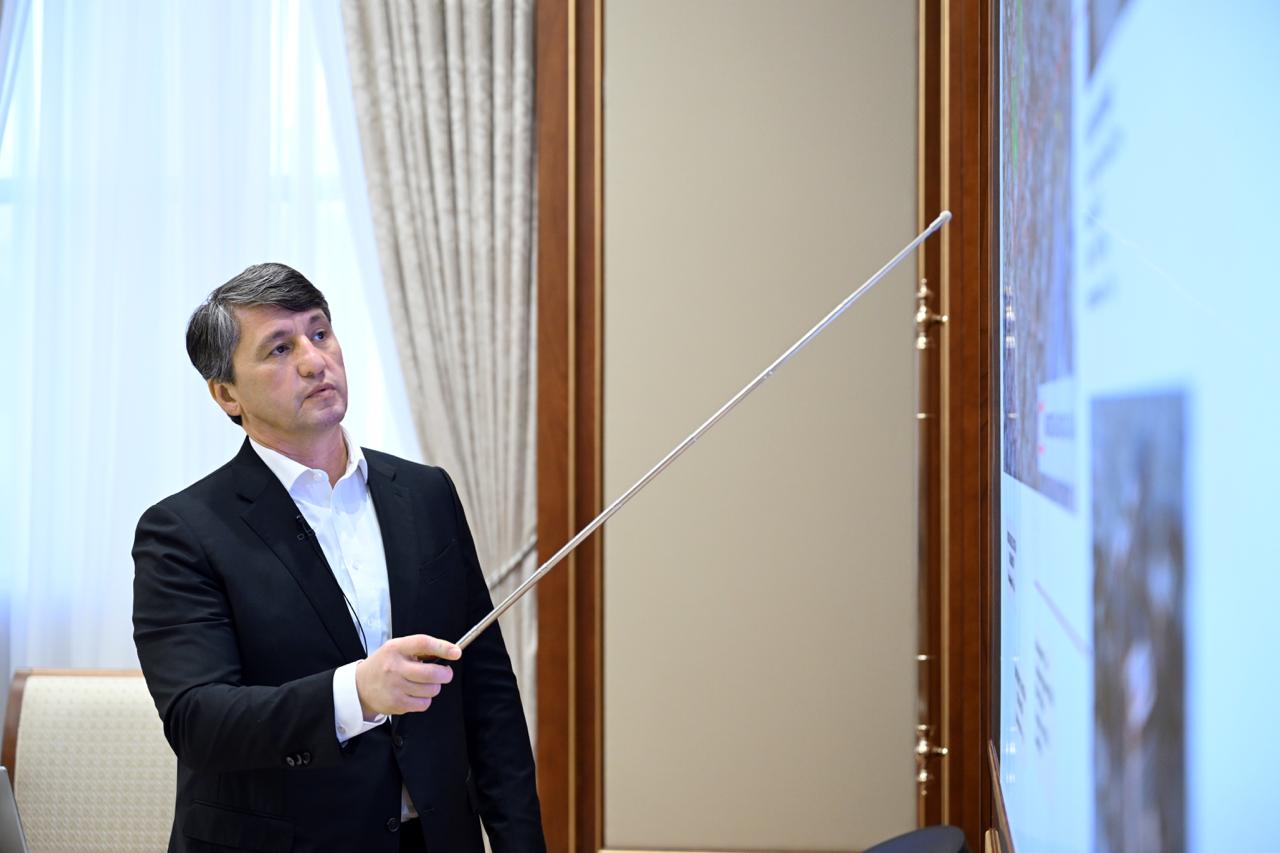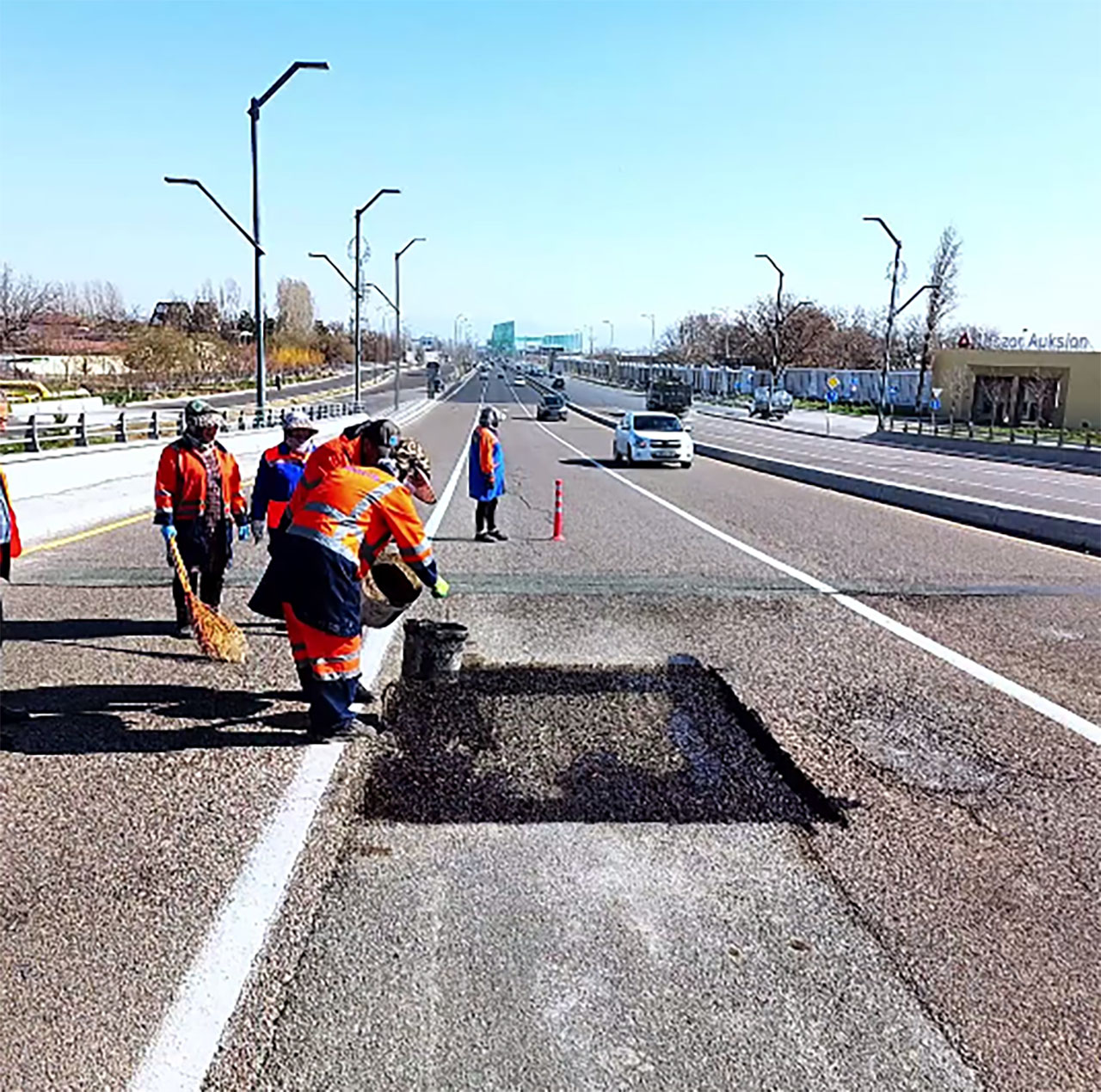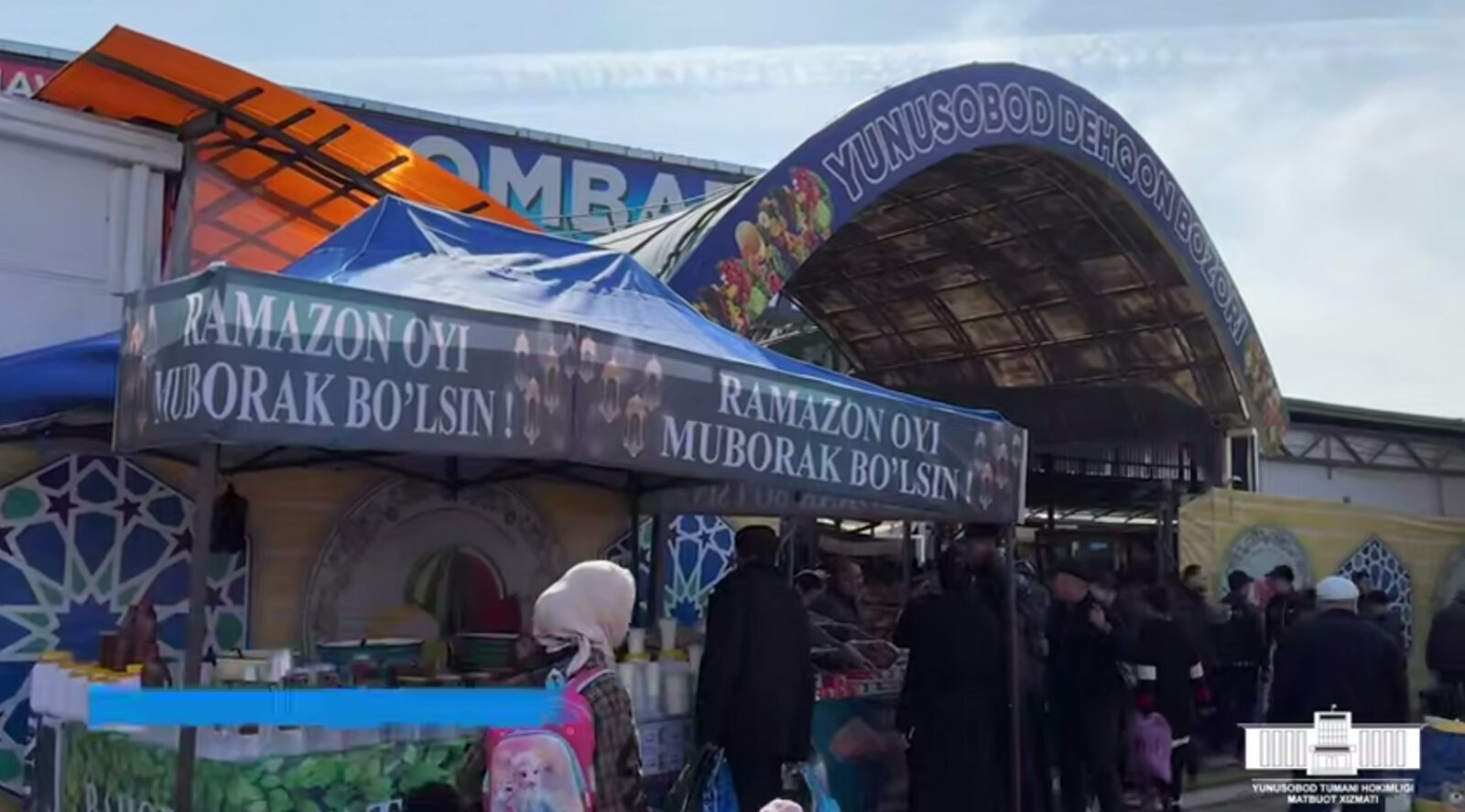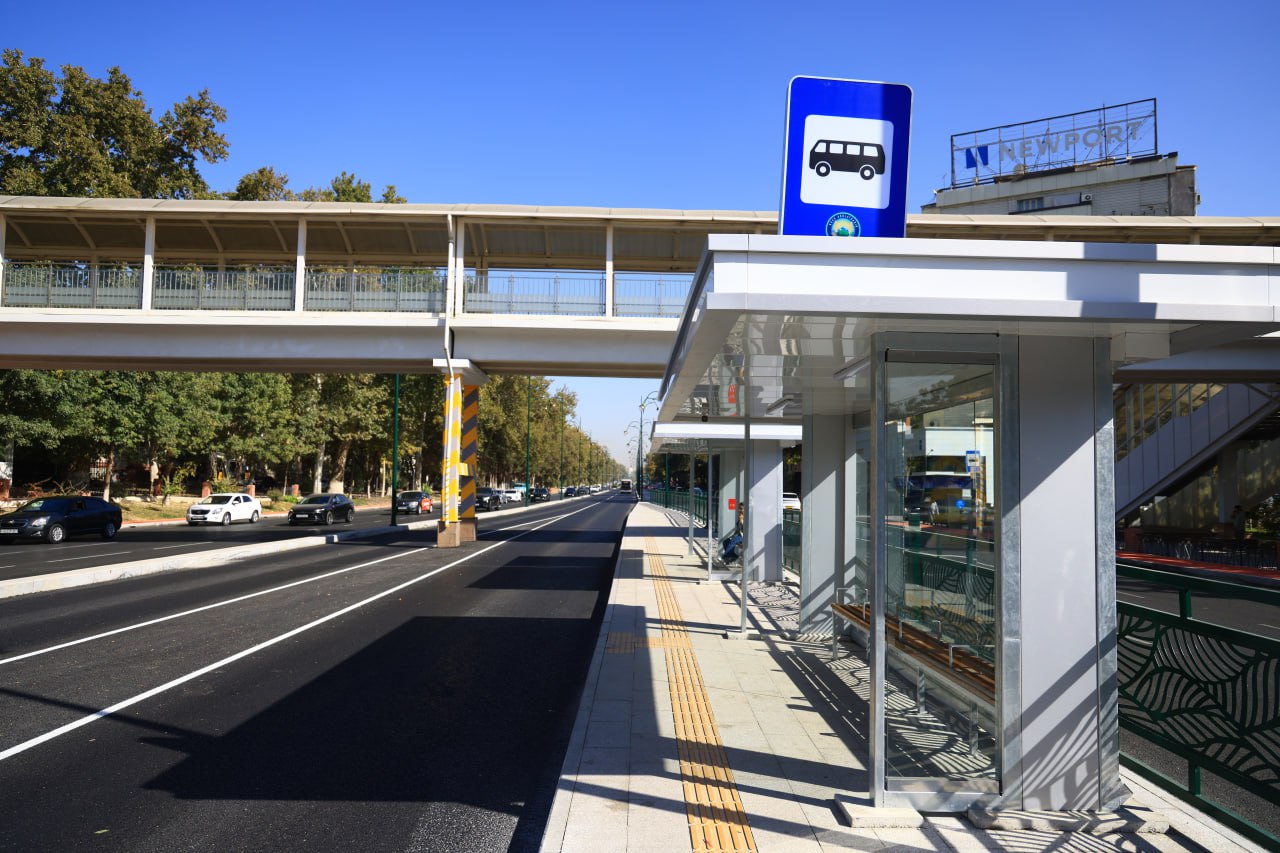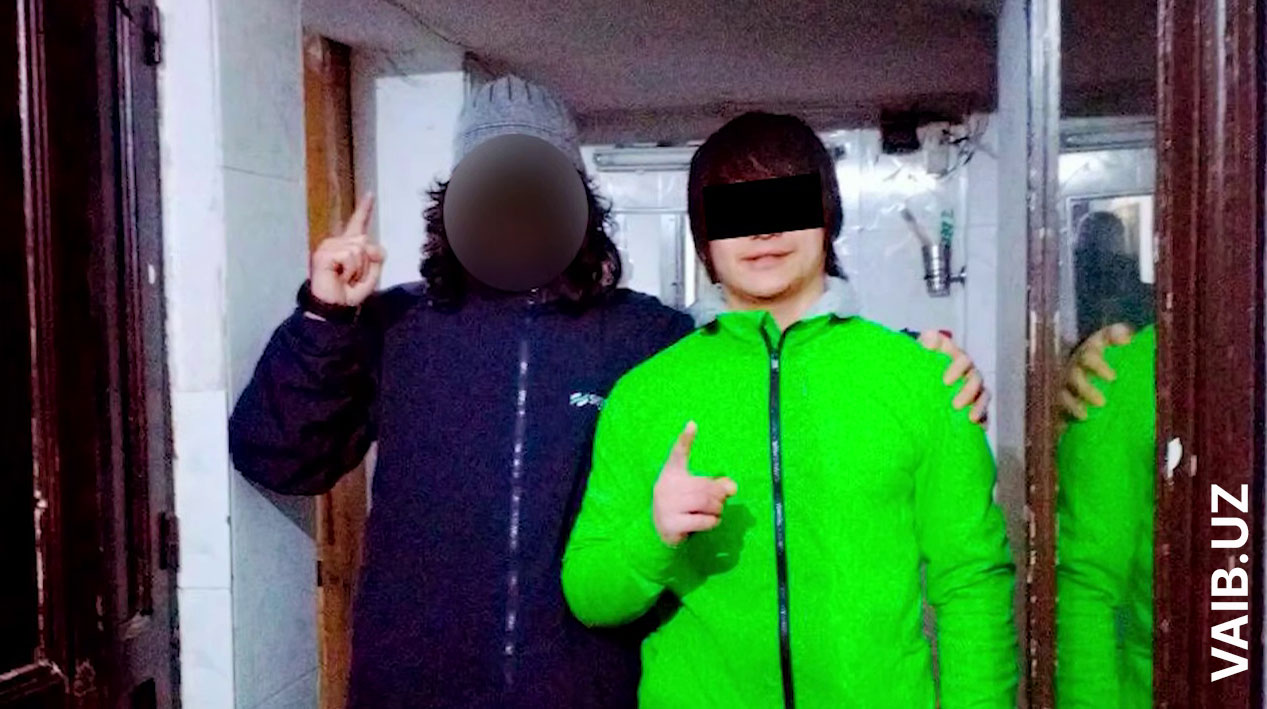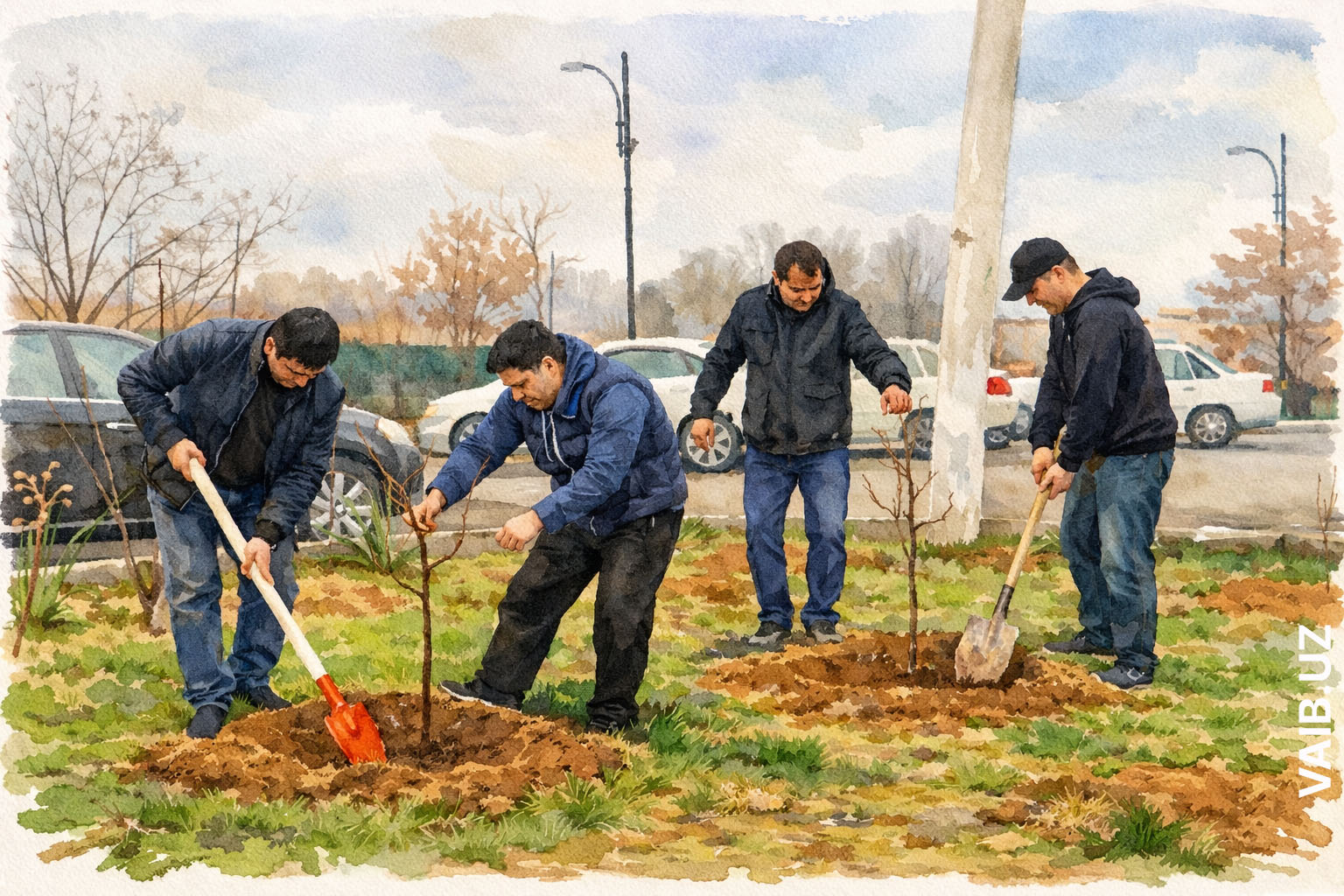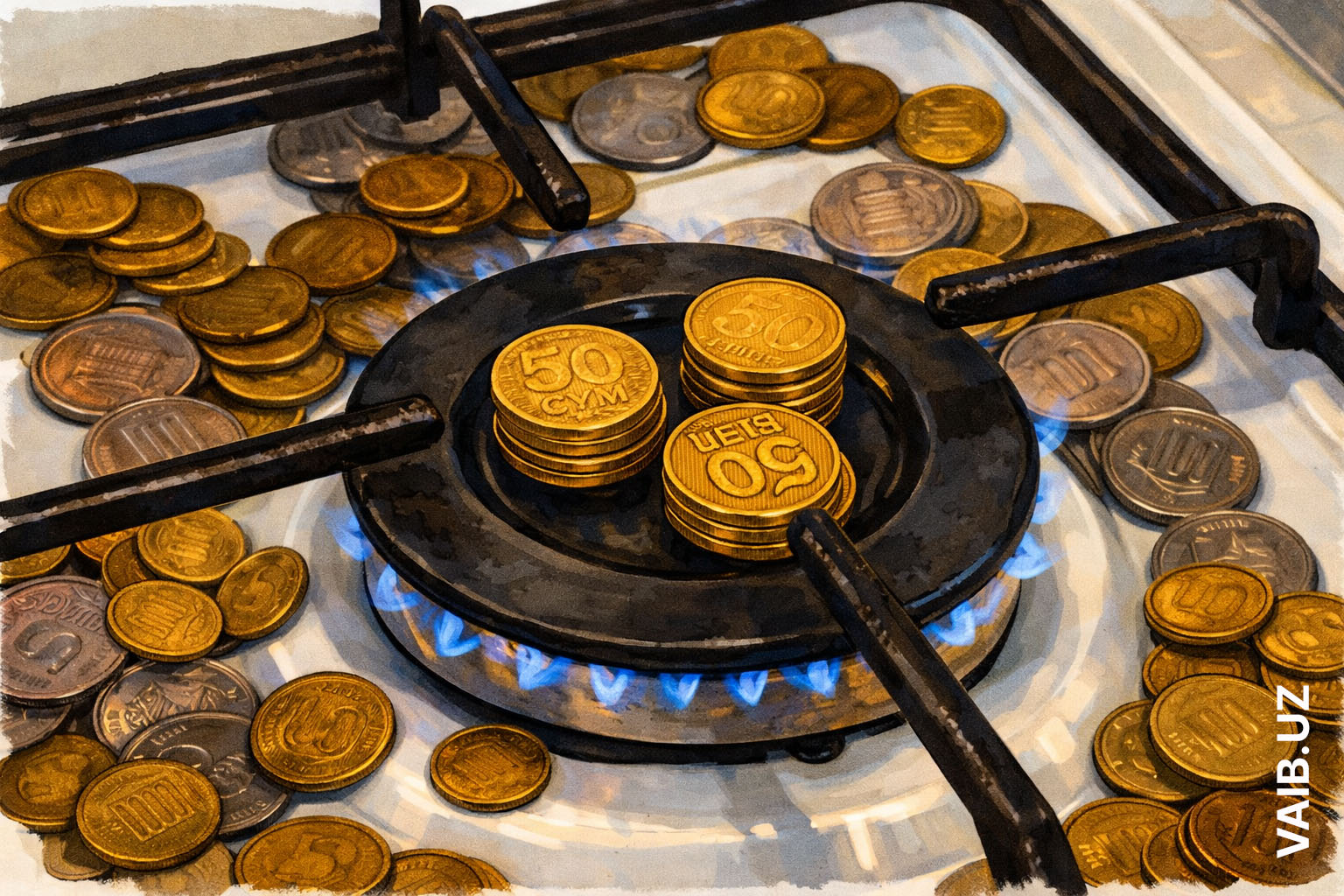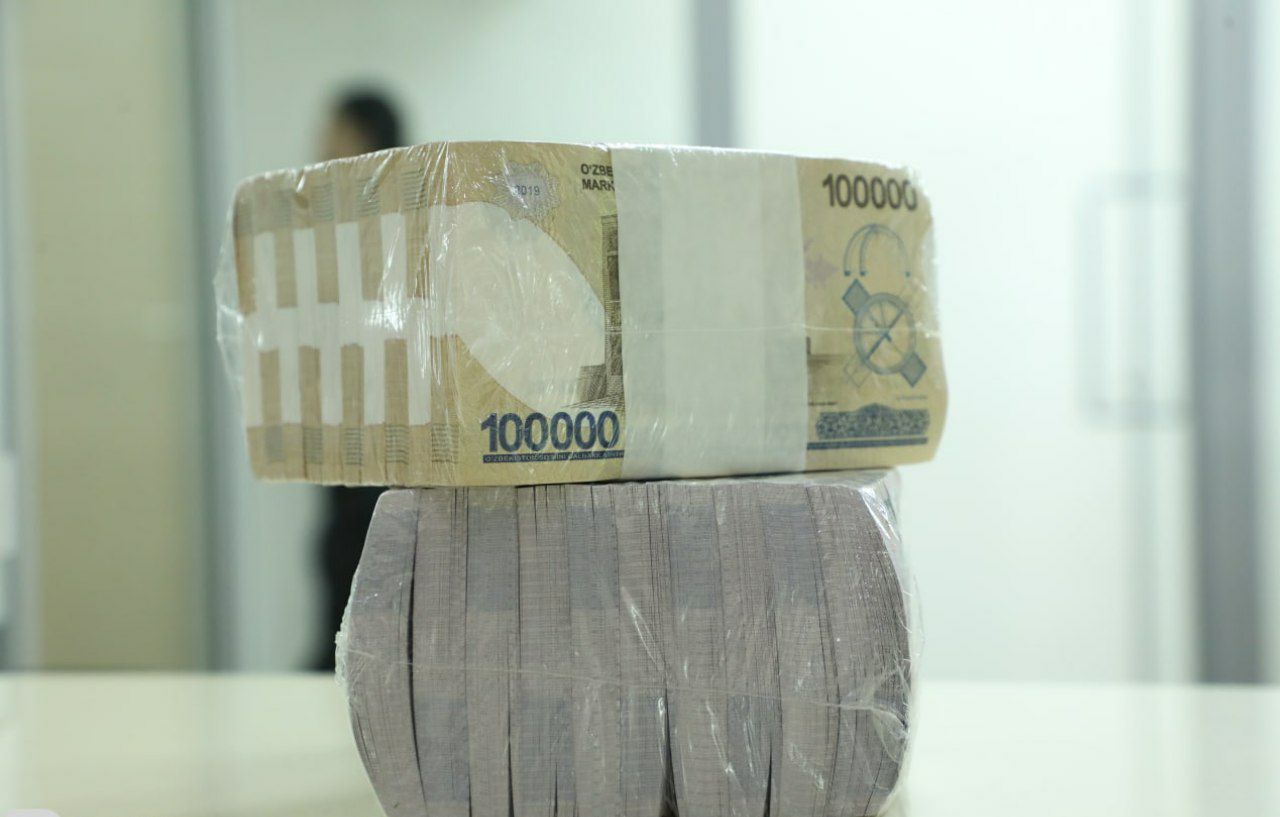Ташкент снова в ожидании — каждый день горожане проверяют прогноз погоды и надеются, что хоким столицы подпишет решение о начале отопительного сезона. Люди недоумевают: почему столичные власти тянут с этим решением, ведь жители оплачивают услугу отопления из собственного кармана? Отопление — не благотворительность, и ежемесячно значительные суммы уходят на оплату тепловых услуг. Veolia Energy Tashkent уже сообщила, что технически полностью готова к началу подачи тепла в столице, так чего же ждет руководство города? Неужели так сложно понять, что правила, принятые более 10 лет назад, больше не соответствуют реальным потребностям жителей? Тем более что на фоне растущих цен на коммунальные услуги жители вправе ожидать, что хотя бы своевременное включение отопления перестанет быть роскошью, за которую каждый год приходится бороться.
Согласно закону, отопительный сезон начинается, когда среднесуточная температура на улице в течение 5 дней подряд держится ниже 8 градусов. Однако эти нормы были утверждены более десяти лет назад, когда климатические условия и состояние жилого фонда были другими. В современных реалиях они больше не работают: температура еще не опустилась до 8 градусов, а жильцы уже мерзнут в своих квартирах. Возникает вопрос: почему мы продолжаем жить по устаревшим правилам?
В домах, школах, детских садах и больницах холодно, что уже сказывается на здоровье людей. Детям, пожилым людям и всем остальным сложно находиться в неотапливаемых помещениях. Респираторные заболевания и простуды при таком подходе вскоре могут прийти в каждую квартиру Ташкента. В больницах, которые также остаются без тепла, пациентам приходится лечиться в холодных условиях, что вряд ли способствует их выздоровлению.
Парадокс в том, что расходы на отопление оплачиваются жителями, так почему же они не могут получать услугу в сроки, которые соответствуют их реальным потребностям? Это не благотворительность со стороны хокимията или поставщиков тепла. При этом компания Veolia Energy Tashkent уже заявила о технической готовности к подаче тепла в городе, но по-прежнему ждет решения от городской администрации. Почему молчит хоким? Ответа нет.
Есть ли причины так строго придерживаться норм, давно утративших актуальность? Логично было бы пересмотреть их и начинать отопительный сезон, когда температура в домах действительно требует подачи тепла. Климатические изменения делают осенне-зимний период более суровым, и центральное отопление остается единственной надеждой горожан на комфорт в собственных домах.
Систему нужно сделать более гибкой с учетом современных реалий. Можно, например, установить регулировку, при которой отопление включается при среднесуточной температуре в 10 градусов или при значительном понижении температуры внутри помещений. Необходимо учитывать не только календарь и формальные цифры, но и комфорт граждан, здоровье детей и пожилых людей.
Отопительный сезон — это не просто дата в календаре. Это вопрос безопасности, здоровья и качества жизни горожан. Пора прекратить следовать устаревшим нормам и поставить во главу угла комфорт и благополучие жителей столицы.

